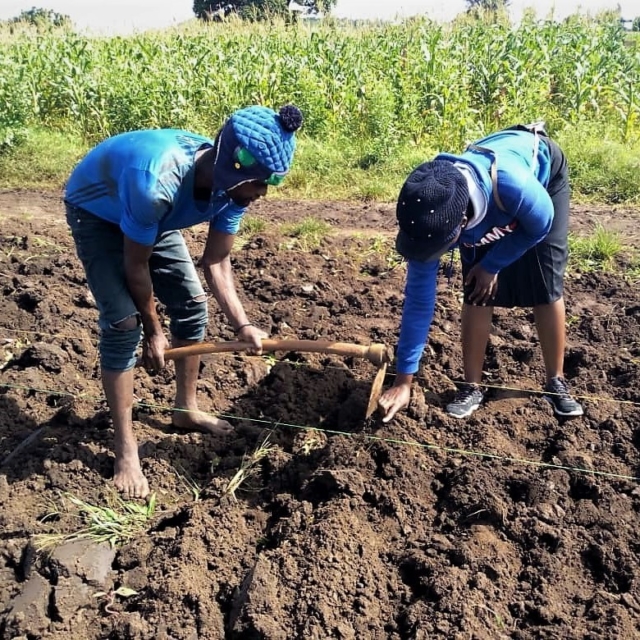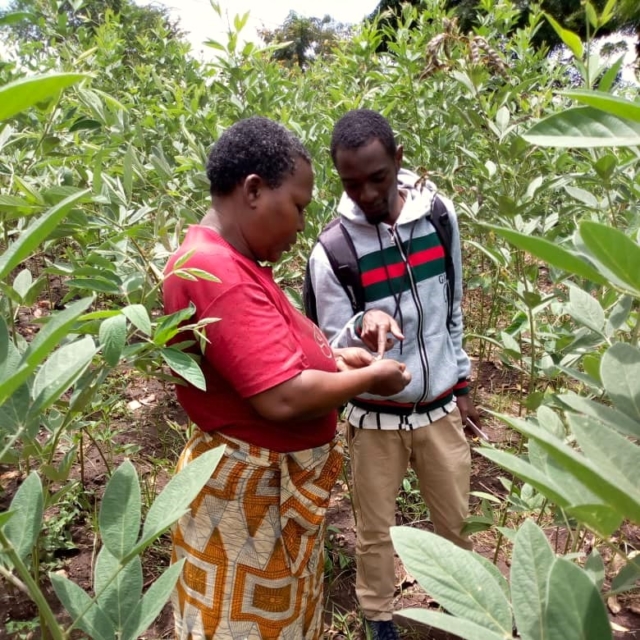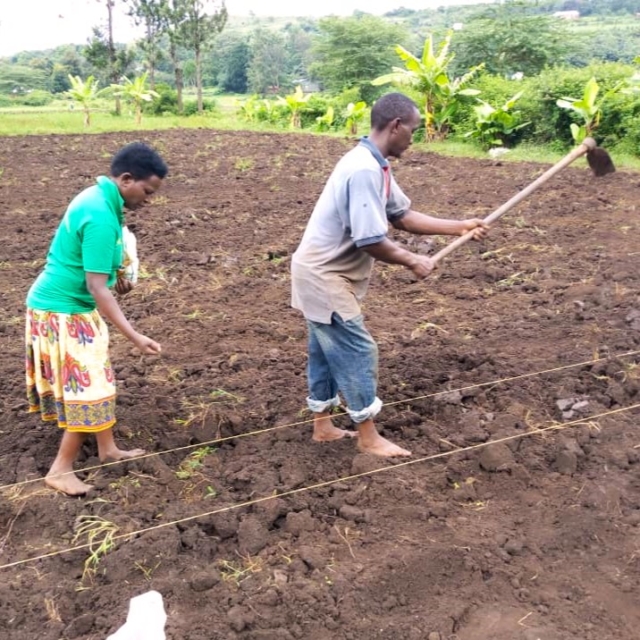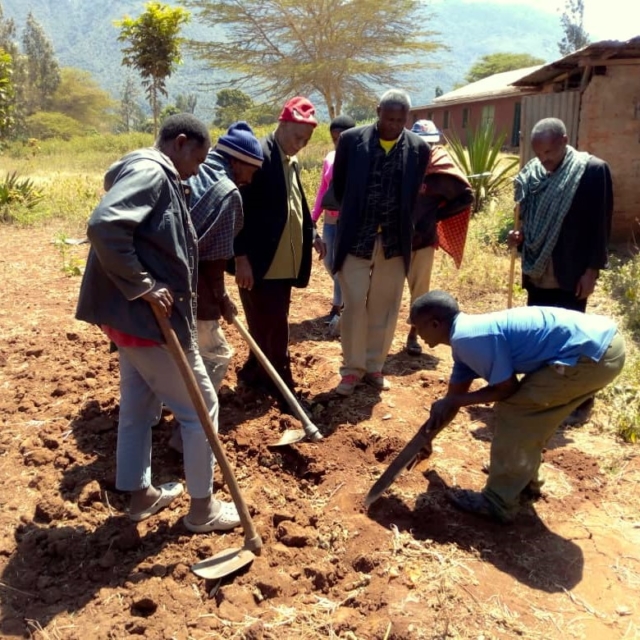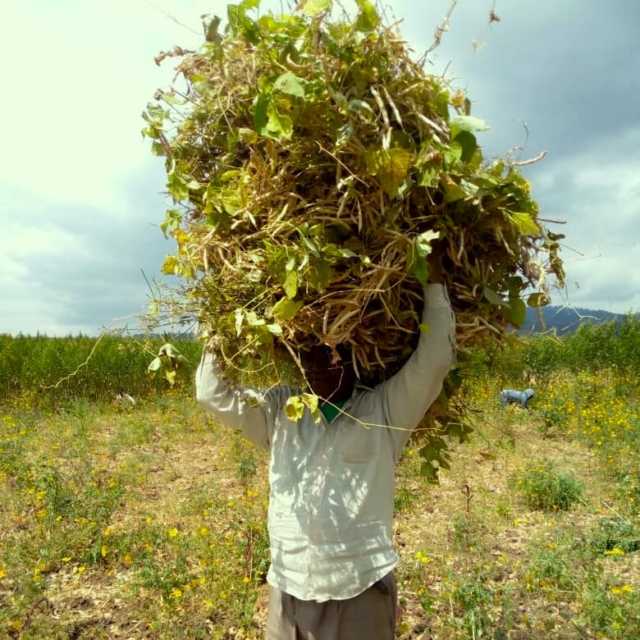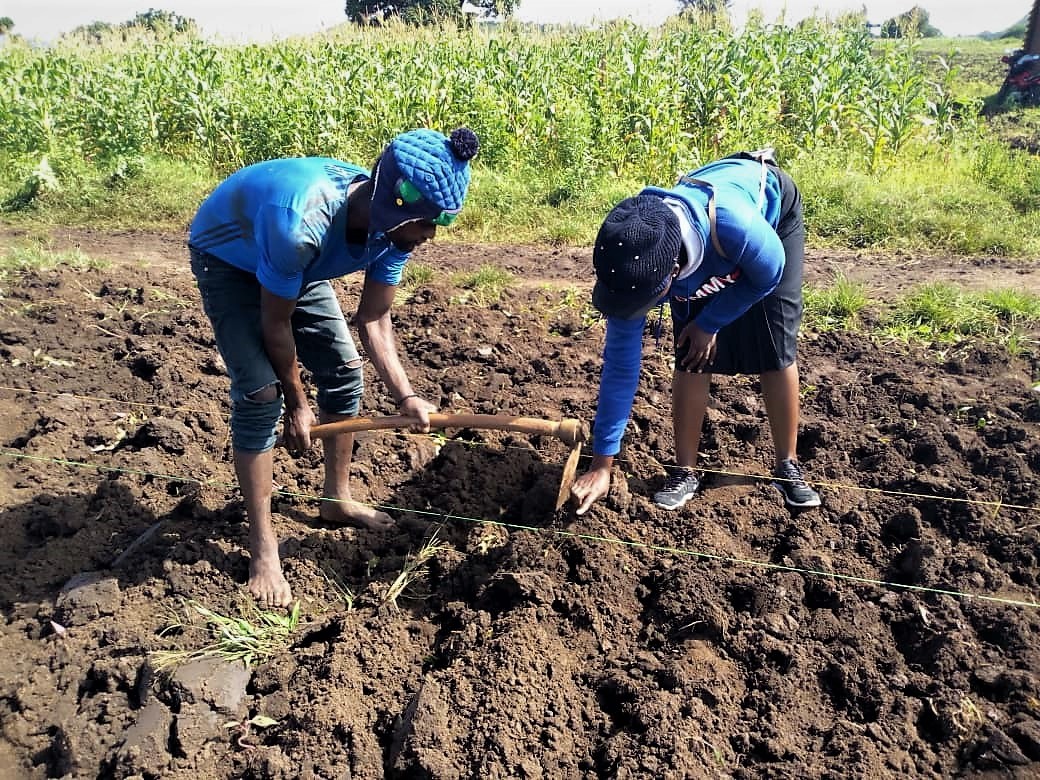
The Manyara Pulses Trade Improvement Project (MPTIP)
GOAL
To improve the market linkage of at least 1,000 smallholder producers of pigeon pea and chickpea
in Manyara Region by September 2020
LOCATION
Babati District, Manyara Region, Tanzania
DURATION-
2016
-
2019
FARMERS
1000
VALUE CHAINS
Chickpea, Common Beans, Pigeon Pea
PARTNERS
ETC Group (ETG), East African Grain Council (EAGC), Rikolto, Tanzania Pulses Network (TPN)
FUNDING
USD 67,200
The Manyara Pulses Trade Improvement Project (MPTIP)
The Manyara Pulses Trade Improvement Project (MPTIP)was implemented by EFF in partnership with Rikolto and the East African Grain Council. The intervention followed the Babati Productivity Project that focused on enhancing the knowledge and skills of smallholder pigeon pea farmers in good agricultural practices in Babati District, Manyara Region. During BPP, EFF collaborated closely with two Agricultural Marketing Cooperative Societies (AMCOS) in Galapo and Gendi and their members, who sold a total of 168 MT of pigeon pea to ETG in 2016. In addition, 12 demonstration plots were established on the land of lead farmers with an input package consisting of seeds, fertilisers, and agro chemicals. The purpose was to showcase best practices and the value of intercropping maize with pigeon pea. As the project progressed, the focus shifted to support smallholder farmers in expanding the trade of pulses for domestic and international markets.
Under MPTIP, EFF trained and advised around 700 farmers from five AMCOS to use climate smart agricultural practices. The EFF team designed, printed, and distributed farmer booklets in Kiswahili detailing cultivation, pest management, and post-harvest handling techniques in the pigeon pea, chickpea, and common beans value chains. By increasing the knowledge throughout the production cycle and sharing good pre- and post-harvesting techniques and practices amongst smallholder farmers, yields significantly increased.
When the international market for pigeon pea and chickpea declined in 2017-2018, EFF introduced common bean with a good local and regional market. This showed farmers that adaptability and flexibility in a volatile market is key, as the price of pigeon pea dropped from TZS 1,800/Kg (USD 0.70) to TZS 300/Kg from one season to another. At the height of the crisis, the net profitability for common beans was USD 450/acre as opposed to USD 150/acre for chickpea and USD 45/acre for pigeon pea.
Given that climate and rainfall patterns are shifting, with either drought or flooding at the wrong time, projects like these demonstrate the need to adopt climate smart practices and closely follow market conditions. Despite many challenges, the project significantly improved the production of pulses, with EFF playing a crucial role in linking AMCOS to market buyers.

